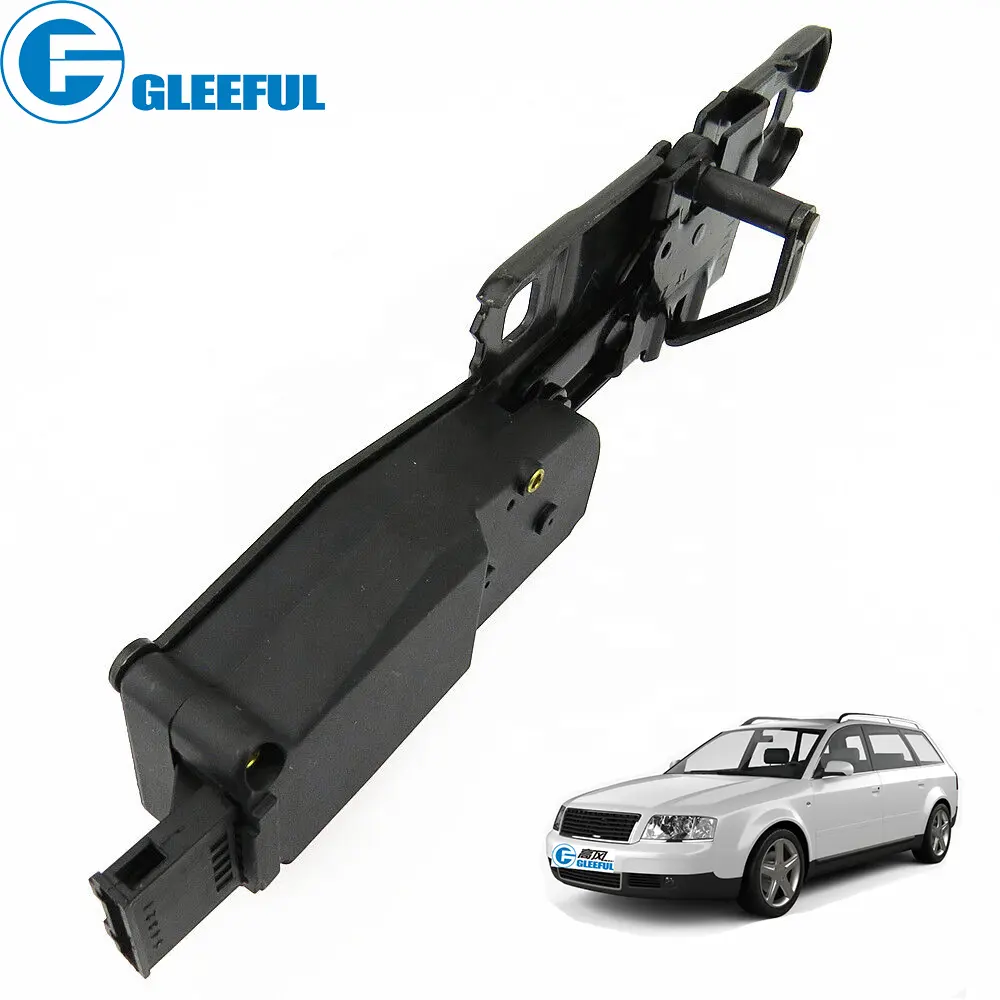Car door locks are essential for the safety and security of your vehicle. However, they can sometimes fail, leaving your car vulnerable to theft and other risks. Understanding the reasons behind these failures and knowing how to fix them can save you time, money, and stress. In this comprehensive guide, we’ll explore the common causes of car door lock failures, particularly focusing on the door lock actuator, and provide detailed solutions to address these issues.
One of the most common reasons for a car door lock failure is a dead or weak key fob battery. Modern cars often rely on key fobs to lock and unlock doors remotely. When the battery is low, the signal may not be strong enough to activate the lock mechanism.
Replace the key fob battery. Most key fobs use standard coin batteries, which are easy to find and replace. Check your car’s manual for specific instructions on how to replace the battery.
Over time, keys can become worn or damaged, which can affect their ability to operate the lock correctly. Bent, chipped, or worn-out keys may not turn in the lock or may not be recognized by the car’s ignition system.
Have a new key made. You can get a replacement key from your car dealership or a locksmith. Ensure the new key is cut accurately to match your car’s lock and ignition.
The door lock actuator is a crucial component that electronically controls the locking and unlocking of your car doors. When the actuator fails, it can prevent the door from locking or unlocking properly. This failure can be due to wear and tear, electrical issues, or internal damage to the actuator mechanism.
Inspect and replace the door lock actuator if necessary. Replacing the actuator involves removing the door panel to access the actuator. If you're not comfortable doing this yourself, consider hiring a professional mechanic. Ensuring the door lock actuator is in good working condition is vital for the security and convenience of your vehicle.
The internal components of the door lock, such as the latch or lock cylinder, can wear out or break over time. This can be due to regular use, lack of maintenance, or external damage. However, even if these parts are functioning correctly, a faulty door lock actuator can still prevent the door from operating properly.
Inspect and repair or replace the faulty components. This may require removing the door panel to access the internal parts, including the door lock actuator. If you’re not comfortable doing this yourself, consider hiring a professional mechanic.
Electrical problems, such as blown fuses, damaged wiring, or malfunctioning door lock switches, can prevent the lock from working correctly. These issues can disrupt the power supply to the door lock actuator, rendering it inoperative.
Check the car’s fuse box for any blown fuses and replace them if necessary. Inspect the wiring for any signs of damage or wear and repair or replace as needed. If the door lock switch is faulty, it may need to be replaced. Ensuring a proper electrical connection to the door lock actuator is essential for its operation.

In cold weather, moisture can freeze inside the lock mechanism, preventing it from turning. This is a common issue in colder climates and can be frustrating if you need to access your car quickly. The door lock actuator may also be affected by freezing temperatures, especially if it is not well-maintained.
Use a de-icer spray or a hairdryer to melt the ice. You can also try using a silicone-based lubricant to prevent moisture from freezing inside the lock. Regular maintenance of the door lock actuator and keeping it well-lubricated can help prevent freezing issues.
A misaligned door can put pressure on the lock mechanism, making it difficult to operate. This can happen due to wear and tear on the door hinges or after an accident. Even if the door lock actuator is functioning properly, a misaligned door can prevent the actuator from engaging correctly.
Adjust the door alignment. This might involve tightening or replacing the door hinges. If the door is severely misaligned, it may require professional adjustment or repair. Proper door alignment ensures the door lock actuator can function without obstruction.
To avoid future car door lock failures, particularly issues related to the door lock actuator, consider the following preventive maintenance tips:
While many car door lock issues can be resolved with basic troubleshooting and maintenance, some problems may require professional assistance. If you encounter any of the following situations, it’s best to seek help from a qualified mechanic or locksmith:
Car door lock failures can be inconvenient and potentially hazardous, but understanding the common causes and solutions, especially regarding the door lock actuator, can help you address these issues effectively. Regular maintenance and prompt attention to any problems will ensure your car door locks remain in good working order, providing you with peace of mind and security. If you’re ever in doubt or unable to fix the problem yourself, don’t hesitate to seek professional assistance. Ensuring the door lock actuator is functioning correctly is key to maintaining the overall security and functionality of your car door locks.
GET A QUOTE